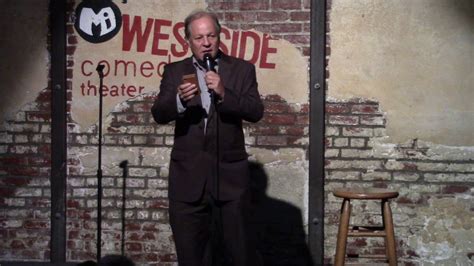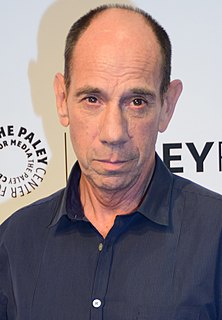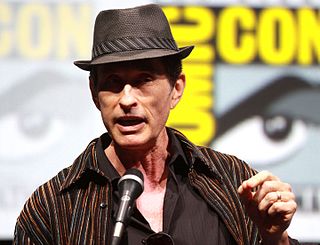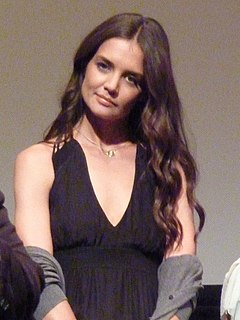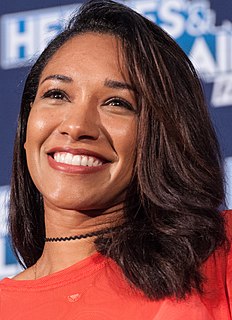A Quote by Howard Berger
Literally, people probably came up with a budget and said, 'It'll be cheaper if we cut down the prep,' but it's not cheaper, because then you're shooting, you're fumbling through the movie and you are prepping at three times the cost because you're quadruple-time as you're shooting and then prepping after you're done shooting.
Related Quotes
I was shooting all this time. And there was only one guy who helped to pull him. And I had to think whether I was going to keep shooting or help the guy. And so I kept shooting and then they put him in this little clinic, and I photographed through the window while they had to amputate his leg. And I felt very strange because I didn't - I felt I could have helped, but I didn't help. But then I also felt elated that I was getting a shot that would be important to the film.
Shooting at Quentin Tarantino movie was like a masterclass in directing. Although I went back literally right into rehearsal, started shooting... while I was doing it I had to write my Grindhouse trailer and I added two days of shooting. My brother was producing Hostel and the Grindhouse trailer and I was like: "Gabe, just figure this out!"
There were a couple of times, leading up to shooting [Ordinary World], where I was like, "Oh, my god, what did I get myself into? Hopefully, I don't ruin this guy's precious script." And then, after a couple of days of shooting, I started getting in the groove of it and it was really fun. I love being a rookie at stuff. It makes it feel vital. I love doing things I've never done before, and I love making stuff.
I learn my lines in a few different ways. A lot of my dialogue sticks with me in a general sort of way when I read the entire script for the first or second time. Then, when I get the shooting schedule, I have a better idea of what scenes are shooting when. I then will focus on those that are coming up first.
While we were shooting the movie, we shot in the actual hotel in Hong Kong where it all went down, the Mira Hotel. Laura Poitras was coming to Hong Kong to do a screening of Citizenfour, and she ended up staying at the Mira Hotel. It was her first time back in Hong Kong, and I ran into her in the elevator. Literally I had just finished shooting one day, and I came back to the hotel and she was in the elevator.
